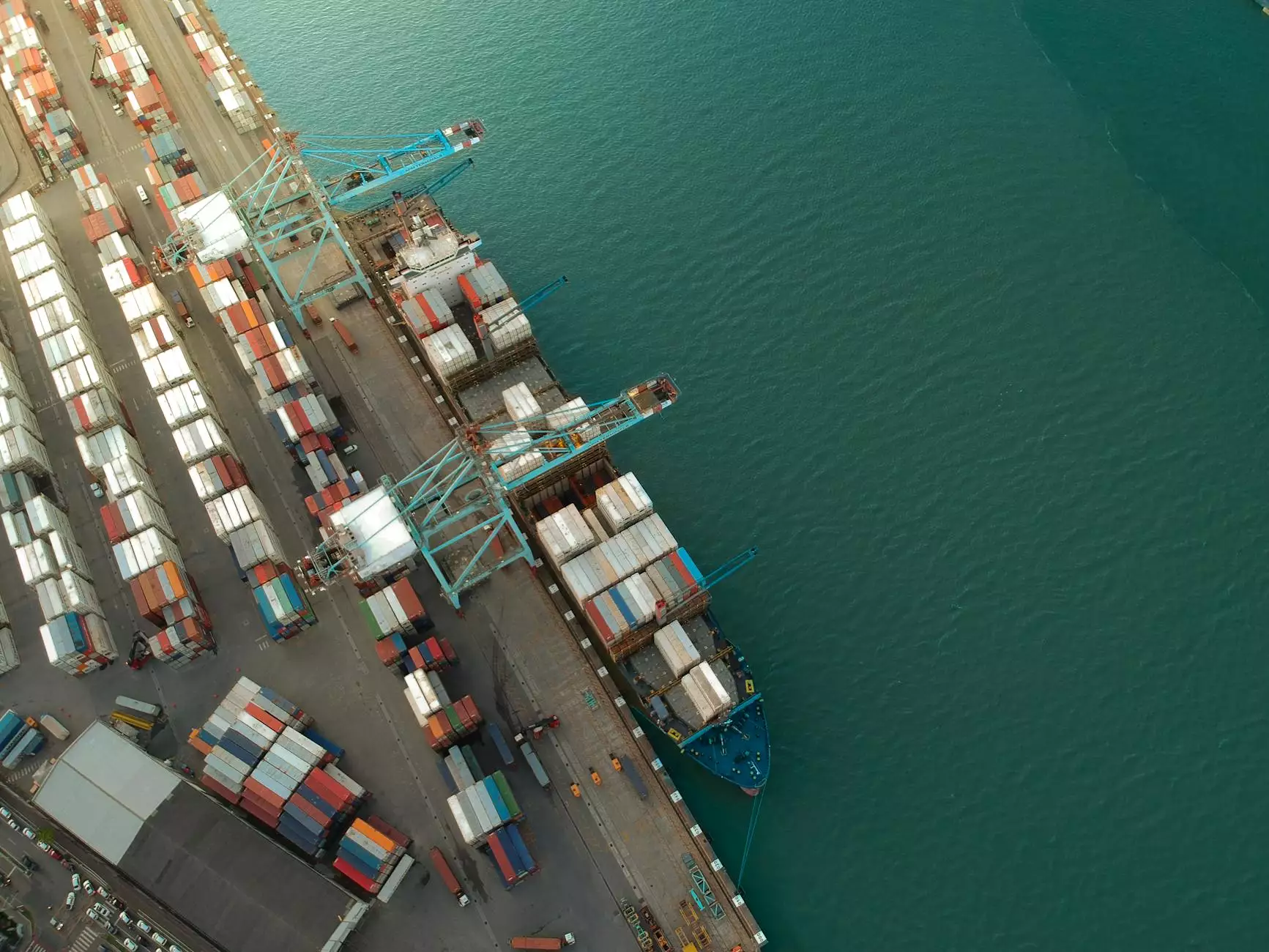Maximizing Efficiency with Freight Quotes LTL

Freight quotes LTL (Less Than Truckload) is a critical area for businesses seeking to streamline their shipping processes and cut costs. In today’s fast-paced market, understanding and utilizing LTL shipping effectively can have a profound impact on your overall logistics strategy. This article delves into the advantages of LTL shipping, explores how to obtain the best freight quotes, and provides insights into effective shipping solutions through various categories like shipping centers, business consulting, and vehicle shipping.
Understanding LTL Freight Shipping
Less Than Truckload (LTL) shipping is a transportation method where goods from multiple customers are shipped on the same truck. This is utilized primarily when the shipment does not require an entire truck's space, making it a cost-effective solution for many businesses. Here are some key benefits of using LTL shipping:
- Cost Savings: LTL shipments often come at a lower cost compared to full truckload prices as you only pay for the portion of the truck you use.
- Environmental Benefits: By consolidating shipments, LTL shipping reduces the number of trucks on the road, thereby lowering carbon emissions.
- Flexibility: LTL provides numerous shipping options, allowing businesses to choose carriers and routes that best meet their needs.
- Enhanced Tracking: Many LTL service providers offer advanced tracking systems, providing real-time shipment visibility.
How to Obtain the Best Freight Quotes LTL
To get the most out of your freight quotes LTL, it’s important to understand the factors that influence pricing. Businesses should consider the following:
1. Weight and Dimensions
The weight and size of your shipment significantly affect shipping costs. Ensure that you measure and weigh your items accurately to avoid unexpected charges that might arise from incorrect data.
2. Freight Class
Freight classes are determined by several factors, including the item's density, stowability, handling, and liability. Knowing your freight class helps you receive accurate quotes and prevents surprises during billing.
3. Destination and Origin
The distance between the shipping origin and destination directly affects the freight quotes you receive. Proximity to major shipping lanes or metropolitan areas may lead to lower rates.
4. Carrier Selection
Different carriers offer varied pricing structures. Take the time to compare quotes from multiple carriers to ensure you are receiving the best deal. Platforms like freightrate.com allow businesses to easily compare rates from numerous logistics providers.
Utilizing Shipping Centers for Efficient Logistics
Shipping centers play a vital role in assisting businesses with their LTL shipping needs. These facilities serve as hubs that consolidate various shipments, thus optimizing the shipping process. Here are some advantages of utilizing shipping centers:
- Centralized Operations: Shipping centers facilitate better management of logistics operations, allowing for streamlined processes and improved communication.
- Improved Delivery Times: By consolidating shipments, shipping centers can reduce transit times and improve overall delivery efficiency.
- Cost-Effectiveness: Centralized shipping often leads to bulk shipping discounts, significantly reducing costs for businesses.
- Expert Assistance: Many shipping centers provide dedicated staff who can help you navigate the complexities of LTL shipping, ensuring you get the best freight quotes.
Business Consulting: Enhancing Shipping Strategies
Many businesses benefit from expert business consulting services that specialize in logistics strategy. By working with consultants who understand the intricacies of freight logistics, companies can maximize their efficiency. Here’s how consultants can help:
1. Customizable Shipping Solutions
Consultants can develop tailored shipping solutions based on your specific needs. This customization ensures that businesses optimize their operations while minimizing costs.
2. Data Analysis
Consultants leverage data analysis techniques to identify patterns and inefficiencies in your current shipping processes. Understanding these patterns can help inform better decision-making.
3. Contract Negotiation
Negotiating freight terms and contracts can be complex. Consultants with experience in freight logistics can help businesses negotiate better rates and terms with carriers.
4. Training and Development
Consultants can also provide training for your staff on best practices in logistics management, ensuring your team is equipped with the knowledge needed to succeed.
Vehicle Shipping: Special Considerations
For businesses that require vehicle shipping, the nuances of LTL shipping can be particularly important. Shipping vehicles presents unique challenges that must be handled carefully:
1. Specialized Equipment
Shipping vehicles often requires specialized equipment for safe transport. Ensure that you select carriers with the proper tools and vehicles designed for car shipping.
2. Insurance Coverage
Verify the insurance coverage provided during transit. Understanding the insurance options available ensures your vehicles are fully protected from damage while in transit.
3. Regulatory Considerations
When shipping vehicles across state lines or international borders, regulatory considerations must be followed diligently to comply with local laws.
4. Timing and Scheduling
Vehicle shipping can be time-sensitive, especially for dealerships or businesses that must maintain inventory. Plan shipments in advance to ensure timely delivery.
The Future of LTL Shipping
As the logistics industry continues to evolve, the strategies and technologies surrounding freight quotes LTL will advance as well. Key trends to watch include:
- Digitalization: The rise of digital freight platforms allows for instant price comparisons and booking of freight services, making the shipping process more transparent and efficient.
- Automation: Automation in warehousing and logistics operations will continue to improve efficiencies, reducing costs and transit times.
- Sustainability Efforts: Shippers are increasingly focusing on sustainability, using eco-friendly practices that include reduced packaging and optimizing routes to minimize fuel consumption.
- Enhanced Data Analytics: Advanced analytics will provide deeper insights into shipping patterns, enabling better decision-making for logistics strategies and cost control.
Conclusion
Utilizing freight quotes LTL effectively can lead to significant cost savings and operational efficiencies for businesses. With proper knowledge and strategies regarding shipping centers, business consulting services, and vehicle shipping, companies can enhance their logistics operations and keep up with industry demands.
Remember, successful logistics is not just about choice but also about informed decision-making and strategic planning. As advances in technology reshape the logistics landscape, businesses must adapt to thrive. For more insights and to explore your shipping options, visit freightrate.com.



